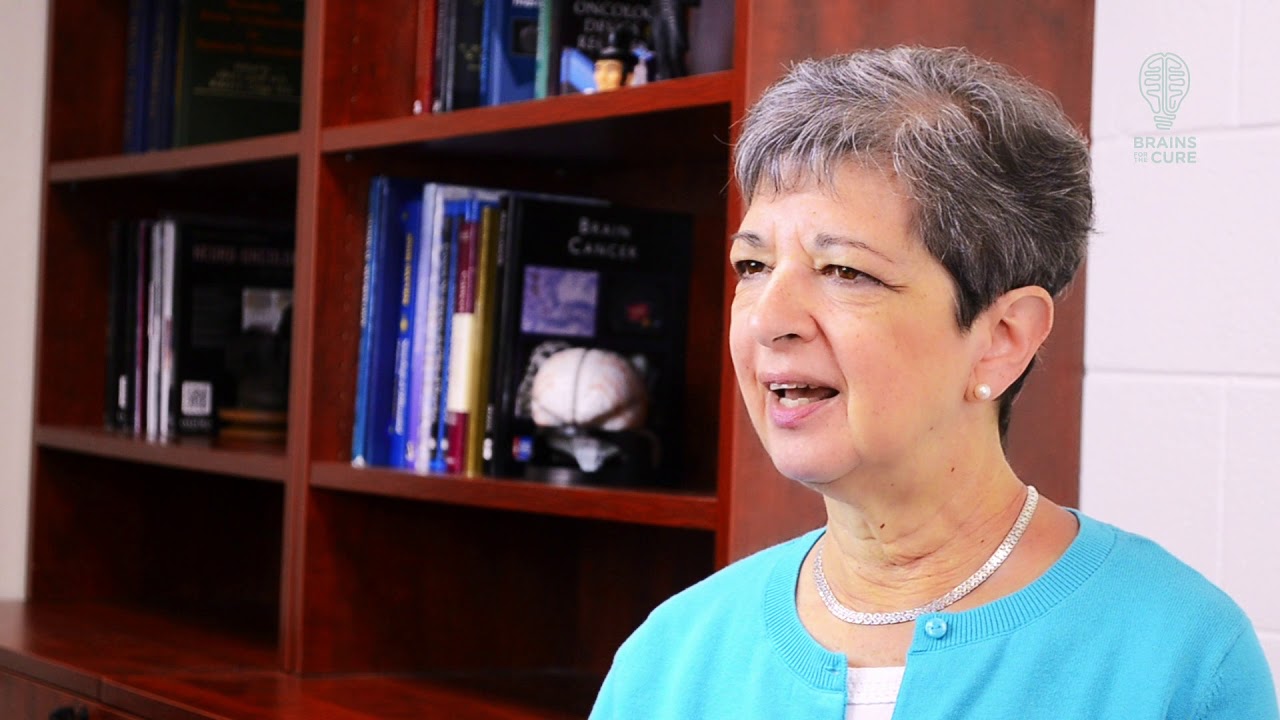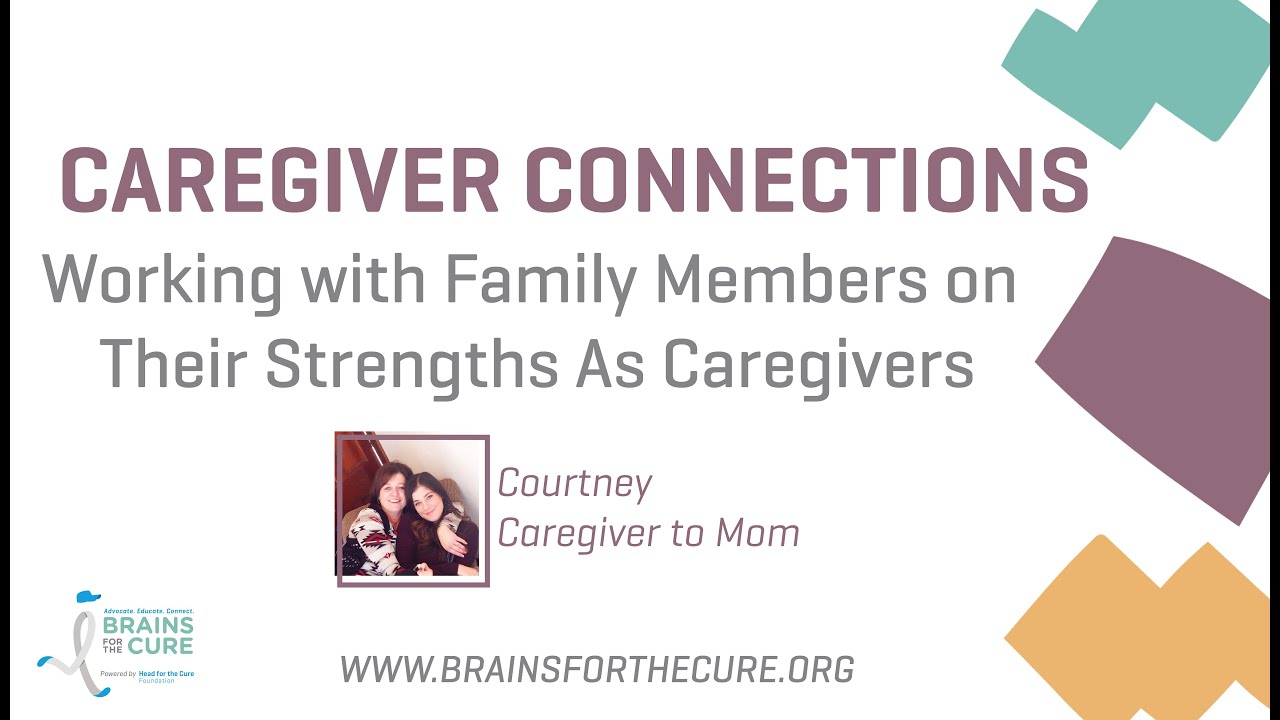
Telling Your Close Friends and Family
Receiving a brain tumor diagnosis is a difficult moment for you or your loved one.
April 11, 2024

Receiving a brain tumor diagnosis is a difficult moment for you or your loved one.
April 11, 2024
Facing a diagnosis of brain cancer can be overwhelming, not just emotionally and physically, but also financially. Fortunately, there are government assistance programs designed to provide support to individuals and families dealing with the challenges of brain cancer. In this article, we’ll explore Medicaid, Medicare, Social Security Disability Income (SSDI), and Social Security Income (SSI) in the context of brain cancer, outlining eligibility criteria, benefits, and how these programs can offer crucial assistance.MedicaidMedicaid is a joint federal and state program that provides health coverage to low-income individuals, including those diagnosed with brain cancer.
April 11, 2024
A brain cancer diagnosis can be overwhelming for both the patient and their loved ones. In such challenging times, the support of friends, family, and the community can make a significant difference. One practical and heartfelt way to offer support is through organizing a meal train. Meal trains provide nourishment and comfort during difficult times, allowing the patient and their family to focus on healing and recovery. Here’s a comprehensive guide to understanding and participating in meal trains during a brain cancer diagnosis.
April 11, 2024
Living with a brain tumor can pose significant challenges to maintaining independence, but there are proactive steps patients can take to reclaim control over their lives. Here are some strategies to help brain tumor patients maintain independence and autonomy:Adaptive Techniques: Explore adaptive techniques and assistive devices that can make daily tasks more manageable. From mobility aids like canes or walkers to specialized kitchen utensils or communication devices, there are many tools available to help patients overcome physical and cognitive limitations.Rehabilitation Programs: Participate in rehabilitation programs tailored to address specific impairments caused by the brain tumor.
April 11, 2024

Caring for a loved one with a brain tumor is a trying experience that extends beyond the patient-caregiver relationship, impacting interactions with spouses, children, friends, and extended family members. Here, we dive into the complex dynamics of caregiving and explore how it effects relationships across different aspects of life. Spousal Relationships Caring for a spouse with a brain tumor often leads to profound changes in the marital relationship:Role Reversal: Caregivers may find themselves assuming roles traditionally held by their spouses, such as managing household finances, making medical decisions, and providing emotional support.
April 11, 2024

Caring for a loved one with a brain tumor is a deeply rewarding yet challenging role that requires caregivers to balance a multitude of responsibilities. From providing physical care and emotional support to managing household tasks and navigating medical appointments, caregivers often find themselves juggling numerous obligations. In this article, we explore practical strategies for caregivers to maintain balance and prioritize their well-being while caring for a brain tumor patient.Understanding Caregiving Obligations:Physical Care:Caregivers may be responsible for assisting with activities of daily living, such as bathing, dressing, and feeding.Administering medications, managing symptoms, and monitoring vital signs are also common tasks.
April 11, 2024
Receiving a diagnosis of brain cancer can be an overwhelming experience, bringing about a flurry of emotions and concerns, including those related to family planning. Whether you’re a male or a female, understanding the various family planning options available post-diagnosis is crucial for making informed decisions about your future. In this article, we’ll explore different approaches to family planning from both male and female perspectives, considering the unique challenges and considerations each gender may face.Male Perspective For men diagnosed with brain cancer, preserving fertility, and exploring family planning options can be a complex journey.
April 11, 2024
Caring for a loved one with a brain tumor is a profound and often isolating experience. While caregiving can be rewarding, it also comes with unique challenges that many outsiders may struggle to understand. In this article, we delve into the feelings of isolation and disconnection commonly experienced by brain tumor caregivers and explore strategies for overcoming these barriers to support. The Loneliness of the Journey: Lack of Understanding: Brain tumor caregiving is a complex role that encompasses emotional, physical, and practical challenges.
April 11, 2024
When a loved one gets a brain tumor diagnosis, someone must step into the crucial role of caregiver. This is a brave step to take, full of its own stresses and challenges, in addition to sharing in much of the stress that the patient is under. And while caregivers are understandably focused on putting the health and well-being of their loved one first, they’re often not prepared for just how hard their own road will be.
April 11, 2024
Healthy communication between a caregiver and a brain tumor patient is essential for providing effective care, fostering mutual understanding, and maintaining emotional well-being. Here are some tips for promoting healthy communication and topics to discuss:Tips for Healthy Communication:Active Listening: Practice active listening by giving the patient your full attention, maintaining eye contact, and acknowledging their feelings and concerns.Empathy and Validation: Show empathy by recognizing and validating the patient’s emotions and experiences. Avoid dismissing or minimizing their feelings.Openness and Honesty: Be open and honest in your communication, but also sensitive to the patient’s emotional state.
April 11, 2024